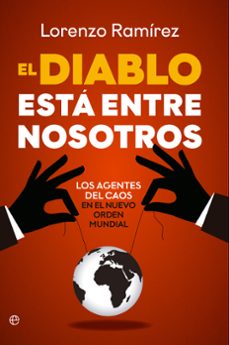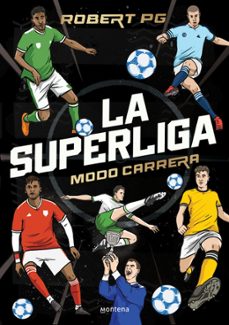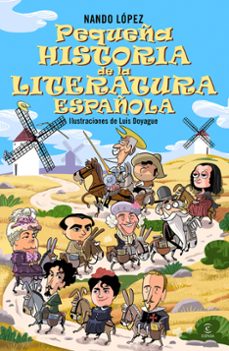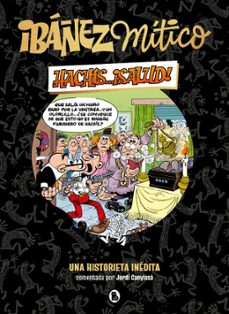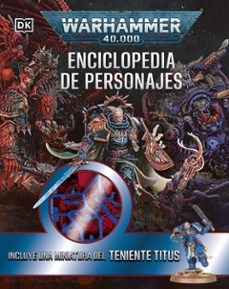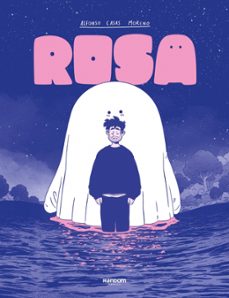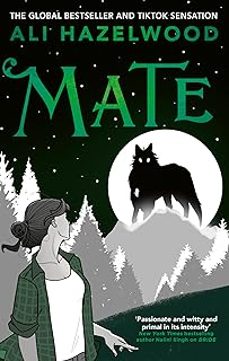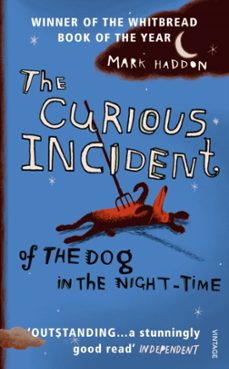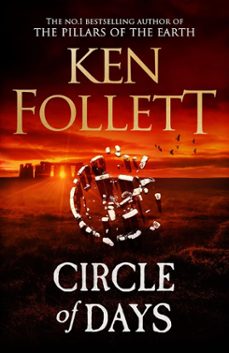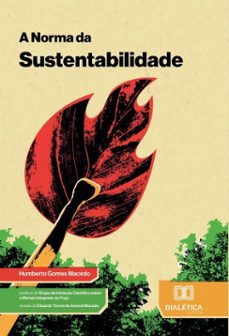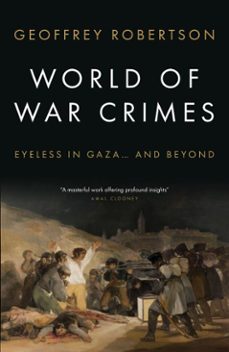Imprescindibles
Más vendidos Libros más leídos eBooks más leídos Todos los libros Todos los libros Autores destacados Series y sagas
Recomendados Libros recomendados Autores destacados Libros que inspiran Vidas con historia LGTBIQ+ English books
Ficción
Literatura Contemporánea Estudios literarios Clásicos Cuentos Poesía Teatro Libros de bolsillo Sagas literarias
Géneros literarios Novela romántica y erótica Novela negra Novela histórica Narrativa fantástica Novela de ciencia ficción Novela de terror Narrativa de humor Narrativa de viajes
No Ficción
Ciencias y tecnología Biología Ciencias Ciencias naturales Divulgación científica Informática Ingeniería Matemáticas Medicina Salud y dietas Formación Idiomas Estilo de vida Libros de Cocina Guías de viaje Narrativa de viajes Deportes Libros de Juegos Manualidades
Humanidades Autoayuda y espiritualidad Ciencias humanas Derecho Economía y Empresa Psicología y Pedagogía Filosofía Sociología Filología Biblioteconomía Estudios filológicos Estudios lingüísticos Estudios literarios Historia y crítica de la Literatura
Infantil
Juvenil
#Jóvenes lectores Narrativa juvenil Clásicos adaptados Libros Wattpad Libros Booktok Libros de influencers Libros de Youtubers Libros Spicy Juveniles Libros LGTBIQ+ Temas sociales Libros ciencia ficción Libros de acción y aventura Cómic y Manga Juvenil Cómic Juvenil Manga Shonen Manga Shojo Autores destacados Jennifer L. Armentrout Eloy Moreno Nerea Llanes Hannah Nicole Maehrer
Libros de fantasía Cozy Fantasy Dark academia Hadas y Fae Romantasy Royal Fantasy Urban Fantasy Vampiros y hombres lobo Otros Misterio y terror Cozy mistery Policiaca Spooky Terror Thriller y suspense Otros
Libros románticos y de amor Dark Romance Clean Romance Cowboy Romance Mafia y amor Romance dramatico Romance dramatico Romcom Sport Romance Otros Clichés Enemies to Lovers Friends to Lovers Hermanastros Slow Burn Fake Dating Triángulo amoroso
Cómic y Manga
Novela gráfica Novela gráfica americana Novela gráfica europea Novela gráfica de otros países Personajes, series y sagas Series y sagas Star Wars Superhéroes Cómics DC Cómics Marvel Cómics otros superhéroes Cómics Valiant
eBooks
Literatura Contemporánea Narrativa fantástica Novela de ciencia ficción Novela de terror Novela histórica Novela negra Novela romántica y erótica Juvenil Más de 13 años Más de 15 años Infantil eBooks infantiles
Humanidades Autoayuda y espiritualidad Ciencias humanas Economía y Empresa Psicología y Pedagogía Filosofía Historia Historia de España Historia Universal Arte Cine Música Historia del arte
Ciencia y tecnología Ciencias naturales Divulgación científica Medicina Salud y dietas Filología Estudios lingüísticos Estudios literarios Historia y crítica de la Literatura Estilo de vida Cocina Guías de viaje Ocio y deportes
Preventa de eBooks de Derecho internacional
Categorias
Filtros
Del 1 al 2 de 2
MACEDO, HUMBERTO GOMES
Editora Dialética 9786527071624
Em um contexto de acelerada degradação ambiental – visível nos incêndios que devastam florestas, nos rios adoecidos, na poluição do ar e nos demais eventos climáticos extremos – o Direito é chamado a
Ver más
eBook
Biteback Publishing 9781837360444
Every day, we are exposed to evidence of hundreds of war crimes: residential buildings bombed and burning in Ukraine, merciless shootings in Gaza despite a so-called ceasefire, civilians beaten and starved by armies in Sudan and a mounting number of aid workers and journalists murdered by soldiers. The evidence proves guilt beyond reasonable doubt, but we know there will be few, if any, prosecutions.In this powerful book, distinguished human rights lawyer Geoffrey Robertson exposes the fraud that is international humanitarian law. Drawing on his experience as a UN war crimes judge, he considers some of the most pressing legal issues of our time, including torture, nuclear weapons, drone warfare and the fallacy of anticipatory self-defence. In the face of such threats, and with an impotent Security Council neutered by the worlds most powerful aggressors, modern democracies are increasingly vulnerable to conflict and invasion.Most importantly in an age of amoral warlords like Vladimir Putin, Benjamin Netanyahu and Donald Trump, the book warns that we are losing sight of Nurembergs legacy: that there can be no peace without justice. This authoritative and deeply humane work is both a rallying defence of moral law and a resounding condemnation of those who defy it.
Ver más
eBook
Del 1 al 2 de 2








